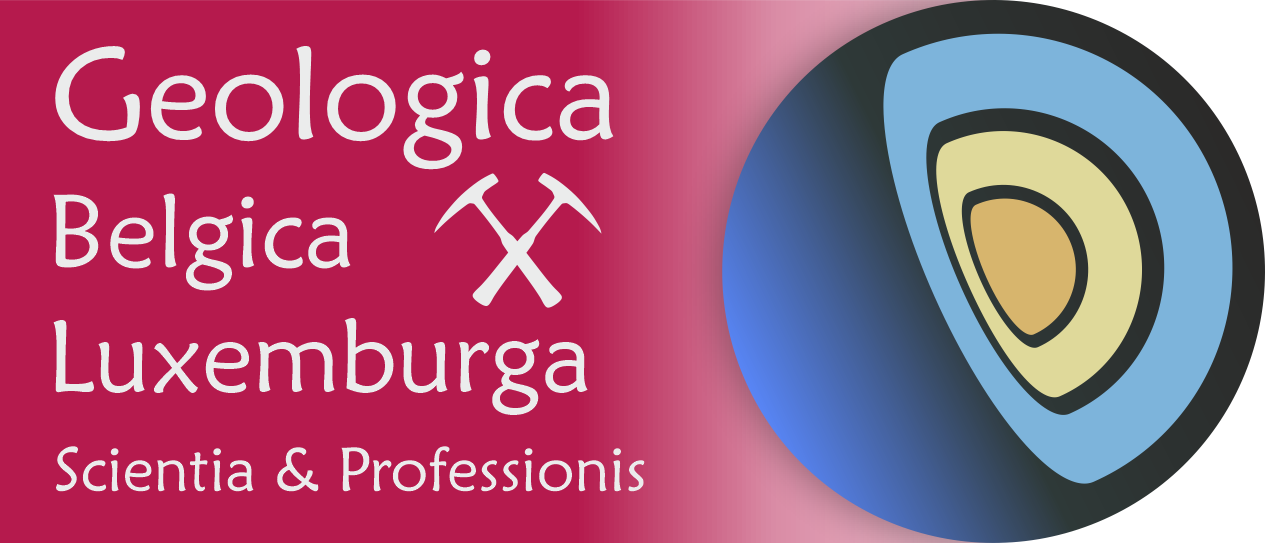A new species of Archaeoryctes from the Middle Paleocene of China and the phylogenetic diversification of Didymoconidae
Research Unit Palaeontology, Ghent University, Krijgslaan 281, S8, B-9000 Ghent, Belgium. And O.D. Earth and Histrory of Life, Royal Belgian Institute of Natural Sciences, Vautierstraat 29, B-1000 Brussels, Belgium.
O.D. Earth and Histrory of Life, Royal Belgian Institute of Natural Sciences, Vautierstraat 29, B-1000 Brussels, Belgium. E-mail: floreal.sole@naturalsciences.be
O.D. Earth and Histrory of Life, Royal Belgian Institute of Natural Sciences, Vautierstraat 29, B-1000 Brussels, Belgium. E-mail: eric.debast@naturalsciences.be
State Key Laboratory of Systematic and Evolutionary Botany, Institute of Botany, Chinese Academy of Sciences, Xiangshan, Beijing 100093, P.R. China. E-mail: yangjian001@gmail.com
State Key Laboratory of Systematic and Evolutionary Botany, Institute of Botany, Chinese Academy of Sciences, Xiangshan, Beijing 100093, P.R. China. E-mail: lics@ibcas.ac.cn
O.D. Earth and Histrory of Life, Royal Belgian Institute of Natural Sciences, Vautierstraat 29, B-1000 Brussels, Belgium. E-mail: thierry.smith@naturalsciences.be
Abstract
Didymoconidae are an enigmatic group of Asian endemic insectivorous mammals. We describe the new didymoconid species Archaeoryctes wangi sp. nov. from the Upper Member of the Wanghudun Formation (Middle Paleocene). This new species from the Qianshan Basin (Anhui Province, China) forms an interesting geographical intermediate between A. notialis from South China and A. borealis and A. euryalis from the Mongolian Plateau. To better understand the origin and evolutionary diversification of Didymoconidae, we performed a cladistic and stratocladistic study of the Didymoconidae and various outgroups. This study of dental material did not resolve the higher level affinities of Didymoconidae, but confirms the validity of the family and its distinctiveness from the morphologically similar Sarcodontidae. Moreover, our results corroborate the current didymoconid classification with the distinction of three subfamilies: “Ardynictinae”, Kennatheriinae and Didymoconinae; “Ardynictinae” are a paraphyletic stemgroup for the two other subfamilies. Our results suggest three distinct didymoconid radiations: (1) primitive ardynictines appeared in South China from the start of the Nongshanian; their evolution continues on the Mongolian Plateau with (2) the radiation of more evolved ardynictines and kennatheriines at the start of the Middle Eocene Arshantan and (3) the origin of didymoconines at the start of the Late Eocene Ergilian.

